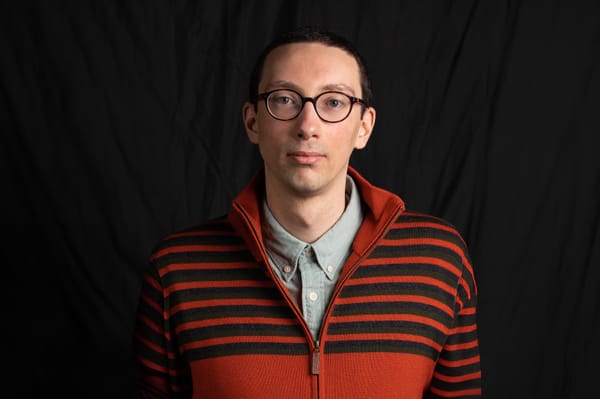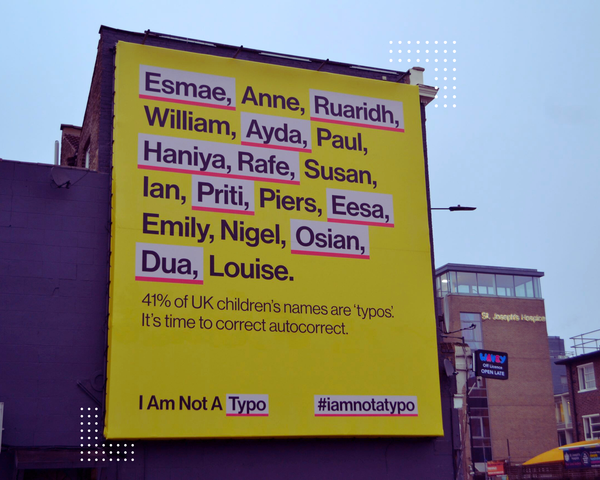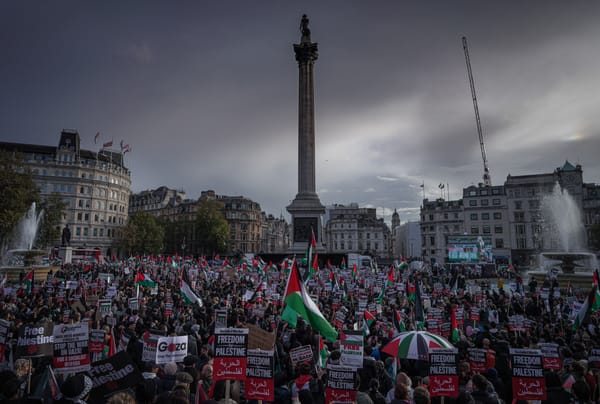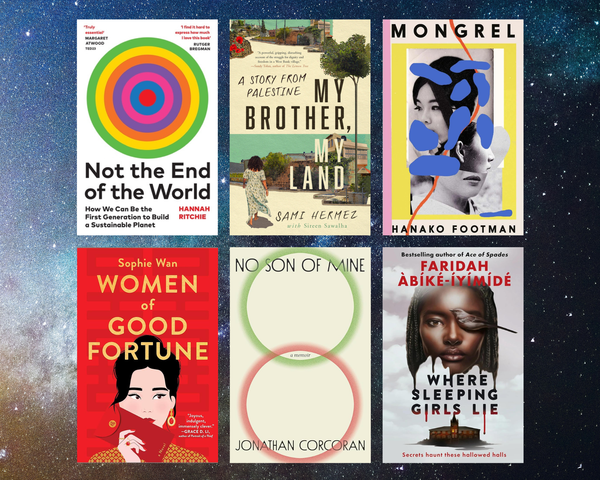How to Maintain Mental Health in Times of Crisis - and in the Era of Information Overload
Being hyper aware of everything happening everywhere all at once thanks to social media, is both a blessing and a curse.
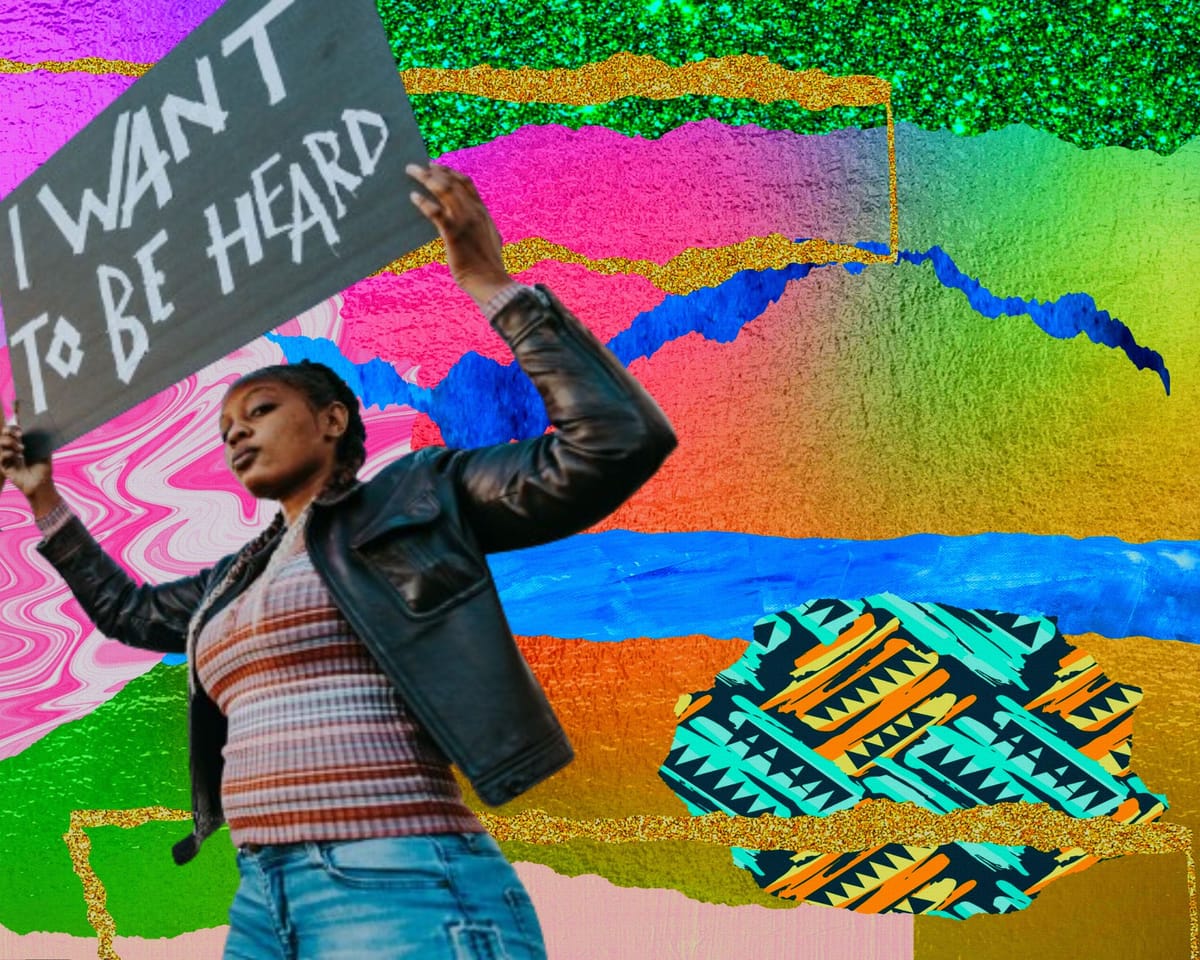
Access the Audio Read version of this article directly on Spotify for Podcasters.
“The overload of information, of images and videos so brutal they are impossible to watch, combined with a system that doesn’t care about whether you’re upset, revolted or exhausted, all take a toll.”
Last year was undeniably difficult. The mental load hasn’t stopped piling up, notably due to personal issues, the cost of living crisis, and witnessing the atrocities of the world every single day. Being hyper aware of everything happening everywhere all at once thanks to social media, is both a blessing and a curse. It’s a blessing to stay informed and take action for the causes you support. And for someone working in media, a social media break hardly ever feels like an option. But the curse starts when the overwhelming flow of information takes over your life, replaces all other thoughts and the pain is so deep that it makes you feel defeated.
At the end of 2023, as Israel carried out its mass ethnic cleansing of Palestinians yet again under the pretence of self-defence, millions of us rallied around the world to ask for a ceasefire. We took to social media to share information and stop propaganda, we signed petitions, we marched, we told everyone we knew and did everything we could think of to make a difference for the people of Palestine despite how small our impact felt.
Fast forward to today, and we are not giving up. We never will. But the overload of information, of images and videos so brutal they are impossible to watch, combined with a system that doesn’t care about whether you’re upset, revolted or exhausted, all take a toll. It would be easy to keep our mental health struggles silent because complaining of our own pain while the people we are marching for are dying every day feels wrong, inappropriate and downright laughable. But that would be a mistake.
Feelings are valid, and we need solidarity around our individual pains so we can come together and keep fighting against the cruelties of this world. Our activism, the difference we can make, may it be big or small, depends on our resilience.
But how can you actually cope with watching genocide happen in real time? And how can you protect your mental health, or at least minimise the damage so you can keep getting up in the morning and help marginalised communities?
As psychology consultant Bayu Prihandito explains, it starts with taking breaks from the news cycle. “In this situation, it's key to find a balance between staying informed and taking care of oneself. If you decide to stay updated on the situation, I recommend scheduling specific times for this. This approach will limit your exposure to distressing news which prevents you from being overwhelmed by negativity. It may also be beneficial to refocus your attention on what you can control, like the present and your immediate surroundings. This will help manage your emotions more effectively.”
While easing the ache can feel like an impossible task, it is necessary to take a look inward so we can do good work. “This approach should be deliberate and intentional,” says Prihandito. “First, recognise the signs that it is becoming too much – such as anxiety, sadness, or detachment – and proactively set clear boundaries on how much media you consume. Remember, practising self-care is not selfish! Also, talking about your feelings with friends can be therapeutic by providing you with the validation and understanding you need.”
And just like for all other parts of our mental health, even if time feels like a constraint, we must find ways to stay active, says Prihandito. The life coach and Life Architekture founder advises to look for activities that promote physical, mental, and emotional well-being - like yoga, running, or meditation - as they balance out the stress coming from our negative news.
While we are helplessly watching the Palestinian pain, and the ones of other communities around the world, our mental health may feel like a low priority, but the truth is that this isn’t a competition. We must break our guilt-tripping patterns because a healthy mind will fuel our activism. “Taking care of your mental health is not a diversion from your cause, but rather a necessity for continuing your work effectively,” explains Prihandito. “This means ensuring adequate sleep, a balanced diet, and downtime as a non-negotiable.”
For us media professionals in particular, while taking intentional breaks from the overwhelming flow of information is the first step to getting to a more manageable mental space, it needs to expand to our always-on work culture. Prihandito suggests establishing clear boundaries by designating 'offline' times during which we completely disconnect. The 'no work/no media' zone doesn't necessarily need to be lengthy; in fact, even a twenty-minute break can be beneficial for the busiest individuals. Any human needs time to reset and rest, as this allows us to gather our thoughts and regain our strength.
Mental health takes effort, just like physical health. According to Prihandito, mindfulness practices like meditation, journaling, and deep breathing can help us stay present and grounded, away from stressful or overwhelming thoughts. Finding ways to channel our frustration or anger into positive actions can be empowering, but it is possible. We must remember to always support peace, from within and on the ground.


